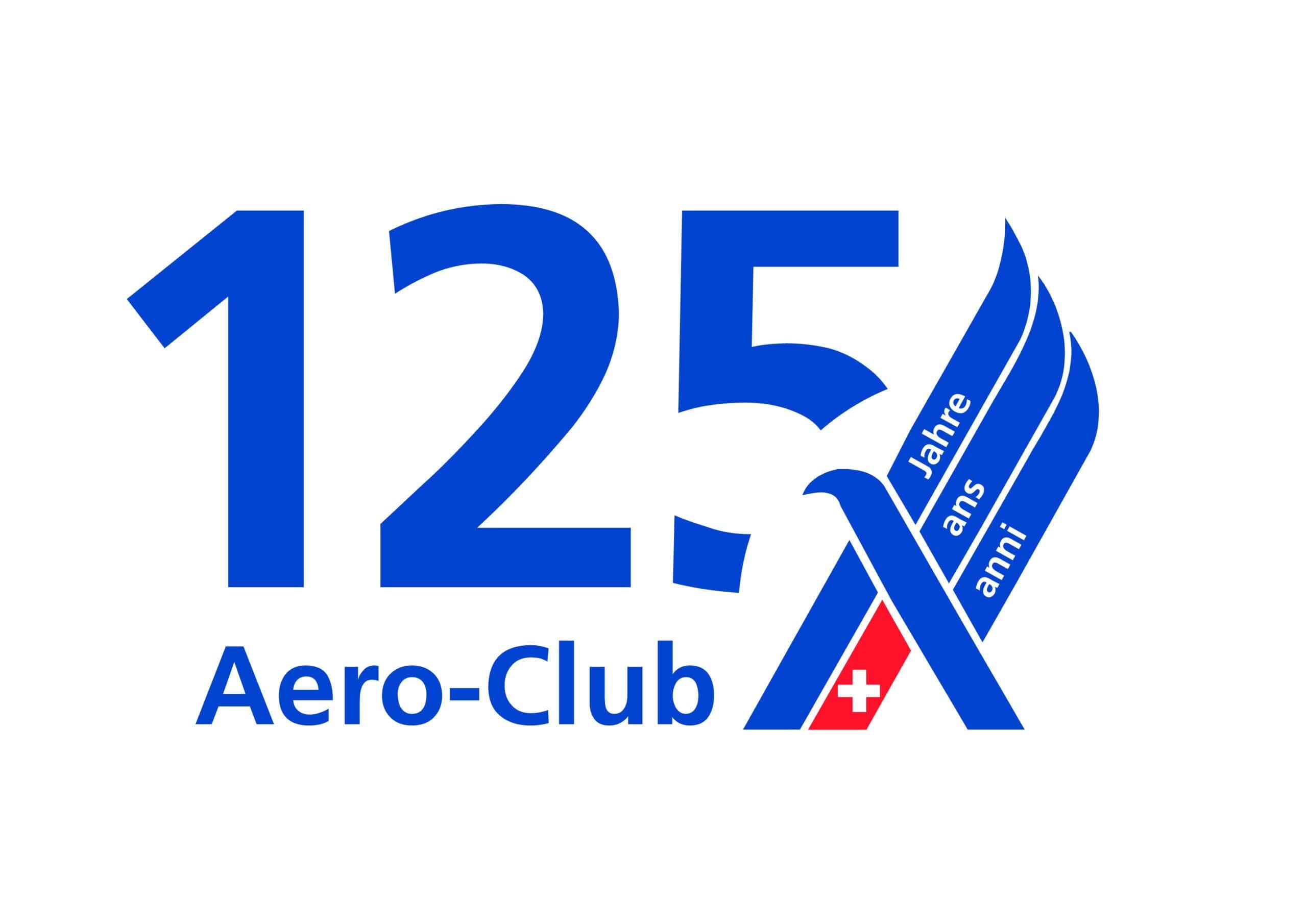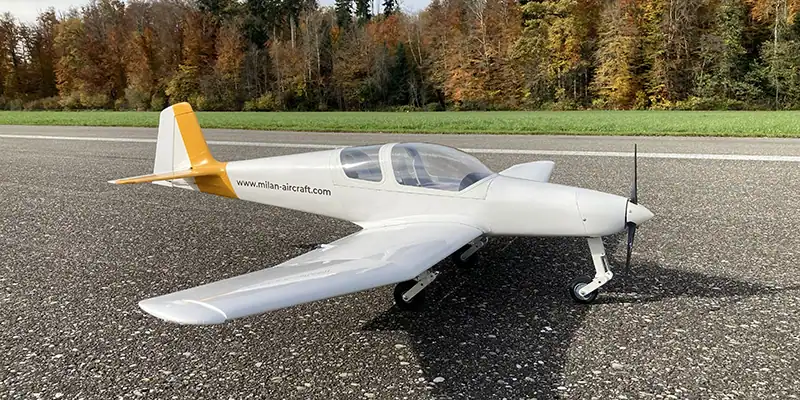Milan: Electric training aircraft made in Switzerland
Quiet, sustainable and cost-efficient - with a range that enables complete pilot training purely electrically for the first time. The Milan presented today in Langenthal is designed to embody all of these characteristics.
"We haven't found a miracle cure to outwit physics. We simply install as many batteries as it takes to achieve a practical range in everyday training," explains CEO and main founder Simon Wiedmer. According to the company, the Milan should have a range of 400 km and a flight time of 2.5 hours. The "proof of concept" first flight should take place as early as 2027.
Wiedmer also explained to the guests the key difference to existing concepts: many electric aircraft currently under development are based on existing models that were originally designed for combustion engines. If you replace the petrol engine and fuel tanks with an electric motor and batteries, you quickly reach the weight limits, according to Wiedmer. As the "Milan" - named after the elegant native bird of prey - is being developed from scratch, these limitations no longer apply. This means that every component can be consistently designed and optimized for the higher overall weight.
"We build around three times the battery capacity of an average electric car into our aircraft," adds Wiedmer.
The multidisciplinary team of currently 15 people has so far worked largely in silence, concentrating on the design of the four-seater aircraft, which is intended to replace the often outdated school fleets - with a quiet, efficient and cost-effective electric aircraft. Three patent applications in key technical areas are already in progress.
More on the Milan project in the next AeroRevue6/25.
Picture: a 1:7 scale model of the Milan, designed and built by Kurt Eich (Keiro Modellbau)


